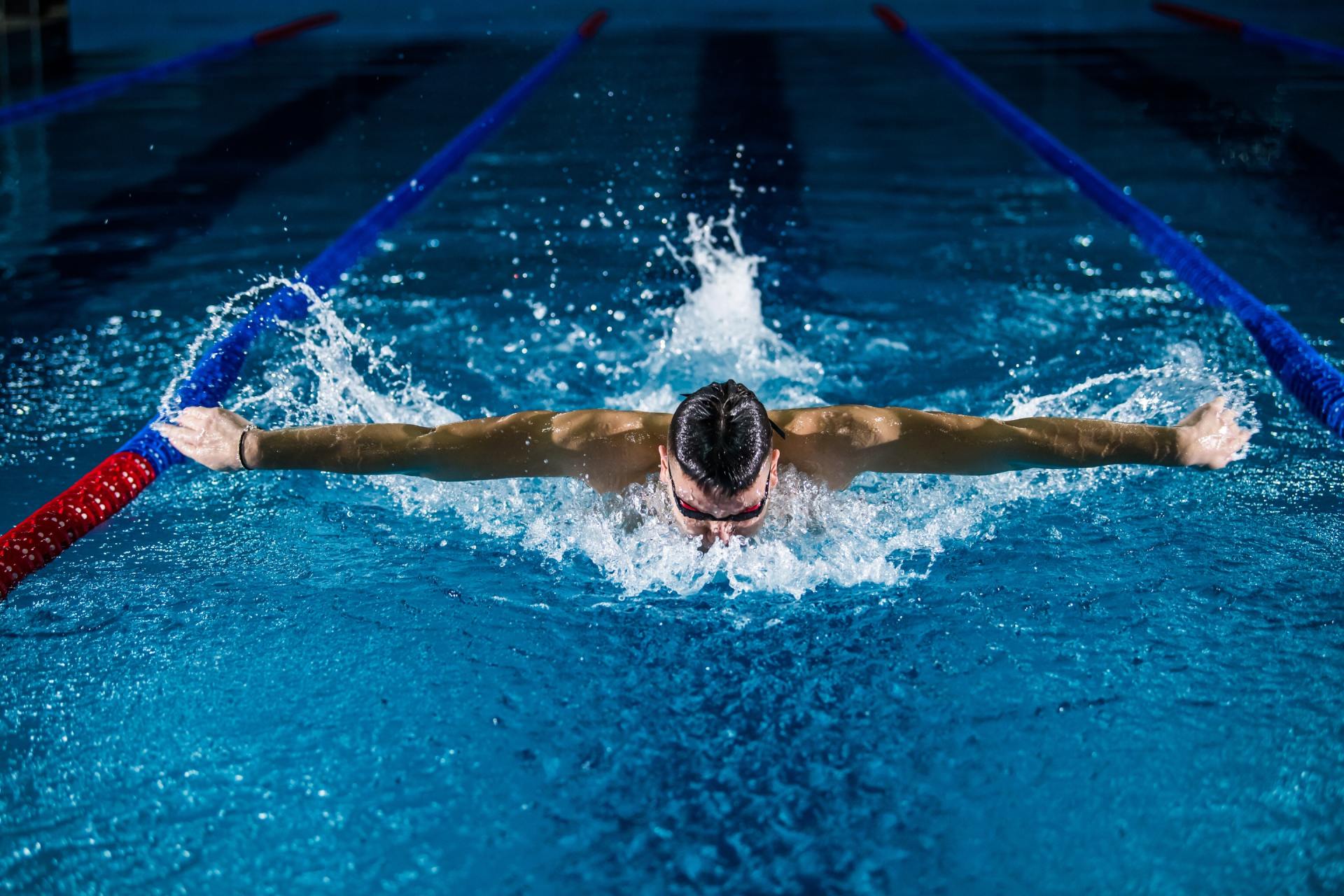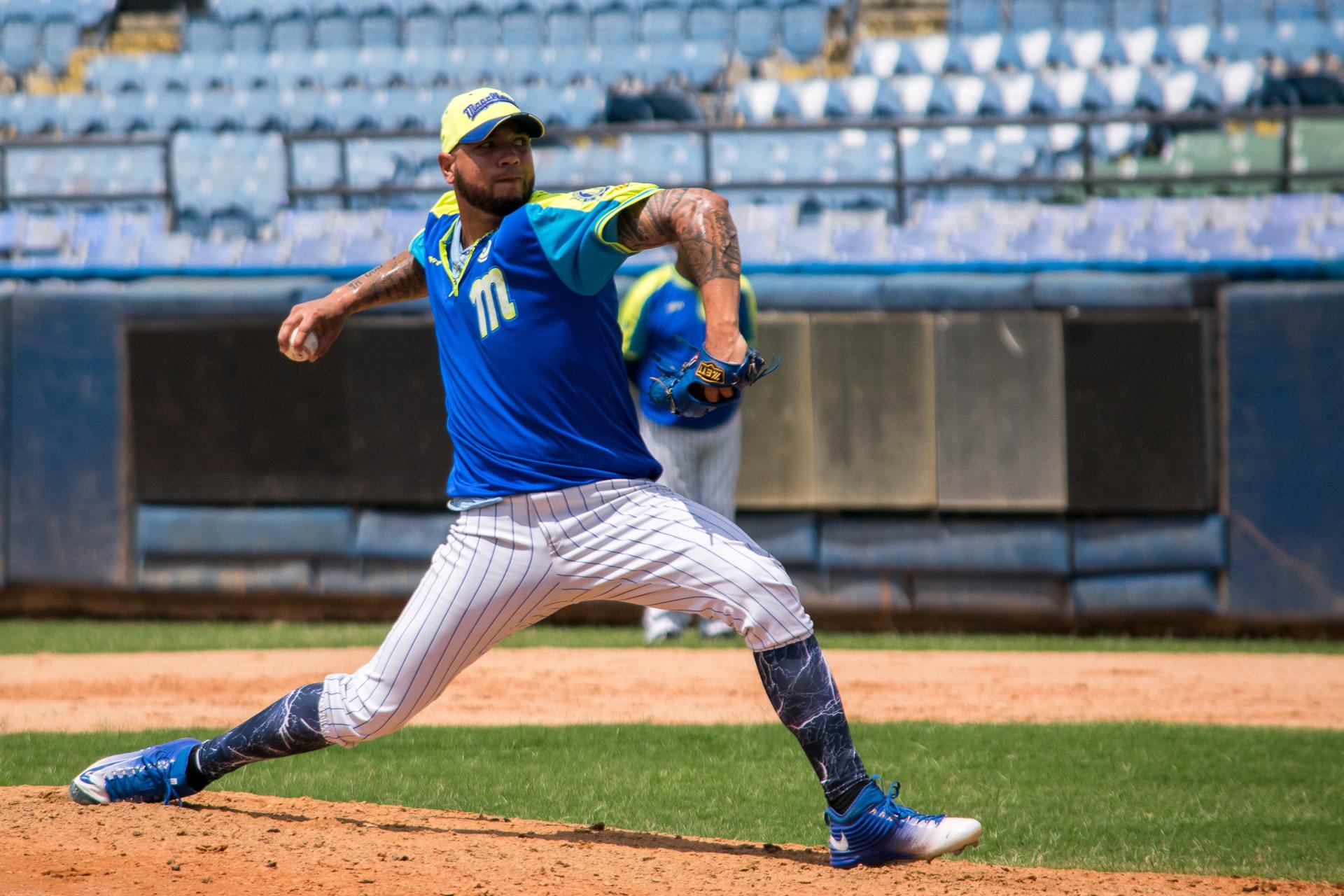Developing the Athlete within the Person; Supporting the Person within the Athlete.
Book Now
About Me
Hi, I'm Dr. Chaves.
I'm a Licensed Clinical Sport Psychologist based in the Los Angeles area. My practice focuses on helping athletes, teams, and coaches reach peak performance by overcoming mental and emotional barriers to achieve and sustain performance goals.
Together, with individuals, coaches, and teams, I teach and develop mental skills that enhance performance.
This includes addressing performance anxiety, improving focus and concentration, utilizing imagery, and building mental and emotional resilience.
Let’s Talk
Do you want to do more, be more, accomplish more, but don't know where to begin? I'm here to help you get started.
Don't wait another moment. The time is now. The person is you. Take the leap and start living.
Contact Us
Thank you for contacting us.
We will get back to you as soon as possible
We will get back to you as soon as possible
Oops, there was an error sending your message.
Please try again later
Please try again later
Blog

By Francisco Chaves
•
01 Oct, 2022
PRIME Performance - Tips for Building Successful and Healthy Performance Skills/Exercises: P – Process Driven – While many people inside and outside of sports performance tend to focus on results (wins/losses), most elite level athletes know that desired results stem from understanding and engaging in process driven strategies. Having an understanding of the fundamental aspects of performance execution (technique and strategy for sand volleyball) as well as ones own unique physiological process of focus and emotion regulation allows one to set up effective strategies that lead to greater consistency and preparation for high-level competition. A good process allows an athlete to plan, execute, and evaluate simple and specific aspects of performance (communication, focus, breathing, calming, body awareness…) by setting up good pre-game practice routines, short-term improvement goals, and evaluation of performance feedback. The overall goal of process driven strategies is to allow the athlete to be “In the moment” and confident that what he/she practiced will be realized in competition. Examples of Process Driven Strategies: - Mindful breathing - Honest self-assessment (strengths/areas of improvement) - Pregame routine - Identify short term/long term goals - Imagery work/script - Focus training with specific performance skills/competencies R – Resilience Based – Adversity and competition are positive things that often feel uncomfortable in the moment (especially in high pressure situations). The discomfort created by adversity can often be mistaken for personal weakness or lack of ability on the part of the athlete. Despite being labeled “Mental” toughness, resilience is more so rooted in an athlete’s emotional (and physical) response to discomfort and a willingness to “push through” discomfort until he/she feels a sense of confidence about handling adversity. Thus the saying: Become comfortable with the uncomfortable. Resilience in sports is primarily based on Self-worth, Competence, Optimism and, Courage. Self-worth: the notion that your worth comes from being you, and not your wins and losses. Competence: knowing and practicing the skills that you need in competition Optimism: the belief that in facing adversity, you will overcome it Courage: the act and effort of putting yourself in experiences that test your abilities (competition) I – Identity Development – As an athlete, your experience of life and relationships can often feel different from non-athletes. Like most things in life there are positive benefits to being an athlete and experiencing the things that come with high levels of completion and discipline, and there are parts about being an athlete that can also feel isolating and hard. The important thing to remember as you develop as an athlete is that you are also developing other aspects of your person, for example as a student, friend, daughter/son, spiritual being, mentor, young adult … Being an athlete is an important part of who you are, but it is not all of you. Find things outside of your sport that will help you develop other aspects of your person that are important and in line with your values. If you do this, you will be better able to know yourself fully and have a sense of purpose that will carry you beyond your sports performance. Identity Development Exercise: - Personal Values Assessment – what values do you prioritize in your life that help define you as an athlete/person o Examples: Competition, Excellence, Leadership, Joy, Generosity, Intelligence, Fun, Creativity, Determination … § After identifying your list of values, prioritize your list so that your most important values are stated most clearly. § See if you can make clear connections between what you do and how it expresses the values that you want to be important to you. · If your actions do not match your values, think of ways to better express your value(s) by means of intention, focus, and behavior in your experience. *See yourself being more encouraging, id what you are doing when you are encouraging a teammate, focus on noticing opportunities to encourage teammates, take action. M – Mental Agility – In the same way that an athlete trains to be physically strong and flexible, so too must she/he train for the mental aspects of competition. Mental agility is the ability to develop, adapt, and enact skills and strategies necessary for successful performance. It is rooted in the process of awareness and competence in order to know when and how to adapt performance in a given situation. It means having alternative strategies (a plan B or C) to incorporate when your initial plan is not working effectively. In team sports the process of awareness and competence is developed through effective/supportive communication and trust among teammates and with coaches. Skills that help to develop Mental Agility: - Creativity - Planning - Open-mindedness - Honesty - Self-Awareness - Communication - Competence (knowing how to implement a skill) E – Emotional Awareness/Well-being - Taking care of yourself emotionally goes a long way toward eliminating distractions and feeling energized during competition. It is very hard to be at your best when you feel emotionally drained or distracted. When athletes feels good about themselves and the important relationships in their life they tend to play more relaxed and focused. Knowing how to care for yourself is as important to preparation and performance as any mental skill you will learn. Involve yourself in trusting and healthy relationships with people and resources. For example: having a good relationship with your self-image, sleep/rest, food, leisure activities, coaches, parents and loved ones. Be proactive in identifying, connecting, and maintaining positive relationships; Especially as life gets stressful and busy! Also know when and how to contact support resources when you need a check-in or things start to feel out of balance. Emotional Well-being Exercise: - Choose one or two activities that have nothing to do with your sports performance (and are in line with your values) and allow you to break from performance driven identity - Prioritize time in your schedule to engage in these activities as a way of emotional wellness - Connect with important relationships around things other than sports performance that challenge and stretch you to impact someone else positively. (develop – generosity, hope, joy, gratitude) * There are many things about performance that athletes have no control over and must learn to accept if they are going to build healthy and effective strategies around performance enhancement. Two variables that are always within an athletes control are Effort and Attitude. If you commit to apply both of these variables to your preparation and performance, you will see consistent improvement and mastery of the principles stated above.

By Francisco Chaves
•
12 Sep, 2022
It may be time to rethink everything you've ever learned about how to succeed in your professional life. 1. For Focus and Concentration : To prepare for away games, or high intensity games (playoffs) having teams practice in uncomfortable/dissonant conditions. Music that is distracting (disliked by all or majority of team) at increasingly loud volume to simulate working through distractions and executing assignments in ‘hostile’ environments. Practice tip: 1. Take a poll of the team as to favorite and least favorite genres of music. 2. Create a playlist from least favorite genre on spotify or apple music to use in practice and simulate game situations and drills. 2. Teaching Tempo and Emotion Regulation (as well as team/coach bonding experience) Playing/practicing at different paces/tempo can help players to develop sense of self control and awareness. Learning the difference between thinking in fast break mentality as opposed to settling the pace down in instances that are beneficial in game situations. Practice tip: 1. Think in terms of slow, mid-tempo, and fast music. 2. Start with coaches, have coaches put together (3-4) songs in each category. Make the songs ones that coaches enjoy or have a connection to. Collect songs and arrange them accordingly into categories. 3. Pair music with drills designed emphasize particular aspects of game situations or to set the expectation of how a practice session or set of drills is meant to be executed. (Today we are going to run our practice and build from slow tempo to fast as we get to mid-point in practice and then gradually slow it back down) 4. Debrief with athletes. Asking them awareness questions: how did you slow yourself down, where did you notice it most (mentally, physically); What helped you go faster and stay in control? And so on… 3. Team Building -> Using music is a great way to establish and develop group cohesion if you use it as a tool for connecting. It also allows points of connection and fun for athletes and coaches. Use it as an opportunity to incorporate athletes’ voice in how aspects of practice are run and engage at multiple levels of structure. Practice tip: 1. Have coaches select music for playlist(s) to get this exercise started (based on the criteria mentioned above). If there is a song that athletes react to or are excited by take some time at end of drill or practice to ask coach who selected song (or list) why they included it. Ask team members what about the selection sparked the reaction. 2. Select Team Captains to think through adding to play list. As well as rest of team. 3. Can be used as a reward in practice competition. i.e. team (indiv) that finishes first or does best can choose the playlist for the end of practice or next drill or so on.


